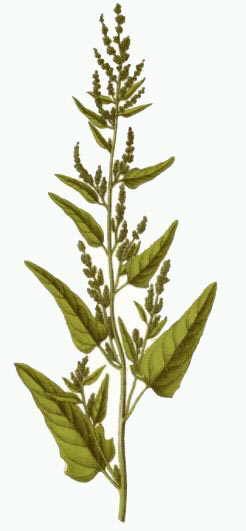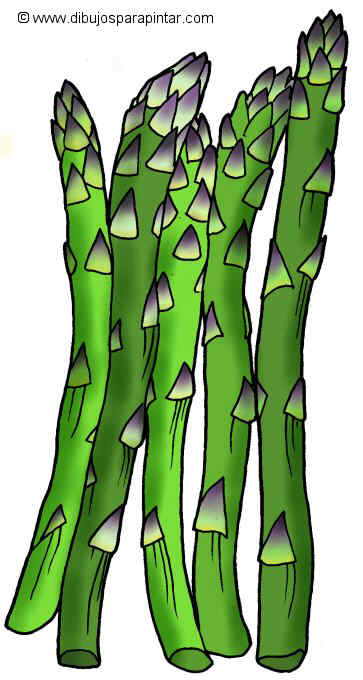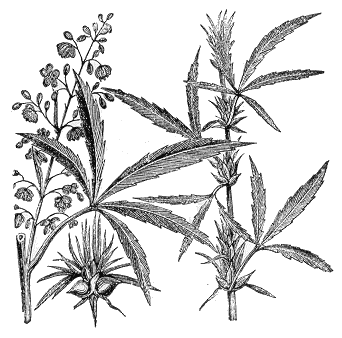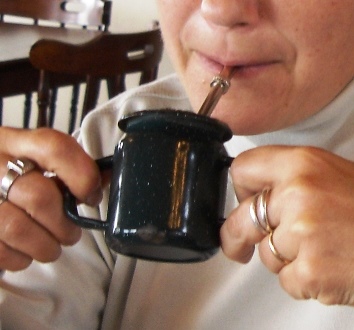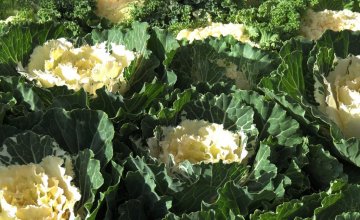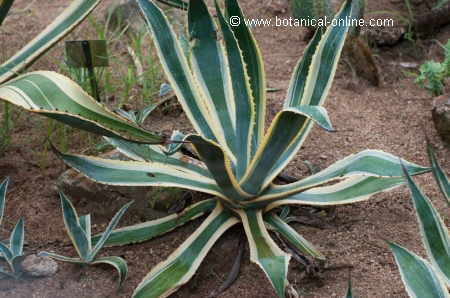Contents
- 1 Diabetes-friendly sugar substitutes, natural sweetener options
- 1.1 Which option is better, stevia or agave syrup?
- 1.2 Stevia or agave syrup to replace sugar?
- 1.3 Is it recommended to use agave syrup?
- 1.4 Is fructose (agave syrup) good for diabetes?
- 1.5 Disadvantages of agave syrup and fructose
- 1.6 What are the best natural sugar-based sweeteners to replace sugar?
- 1.7 What are good natural sweeteners for diabetes?
- 1.8 Pros and cons of stevia
- 1.9 Pros and cons of xylitol
Diabetes-friendly sugar substitutes, natural sweetener options
Which option is better, stevia or agave syrup?
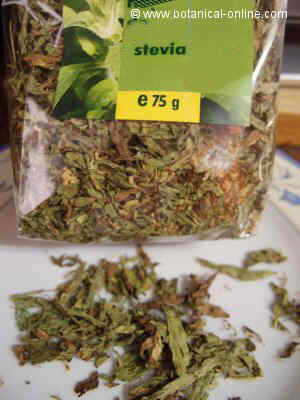
There is currently a large amount of information about different sweeteners, which are marketed as “more natural than sugar” and therefore represent that they have better properties than sugar.
However, this information is often not true. It comes from marketing slogans and can cause confusion that can be serious, for example, by making people consume a sugar-rich syrup and making them believe that it is sugar-free.
Stevia or agave syrup to replace sugar?
Stevia and agave syrup are two of the sweeteners that have gained the most fame and popularity in recent years, but one of the two is not at all suitable for diabetes or for making sugar-free desserts. What are the really healthy sweeteners? Which option is best to choose when making desserts for people with diabetes? What other natural options are there?
Is it recommended to use agave syrup?
Agave syrup is a viscous liquid, similar to honey, obtained from plants of the Agave genus (maguey), after a refining process as a method of production.
In its production, the agave pulp, naturally rich in the prebiotics inulin and fructooligosaccharides (FOS), is subjected to hydrolysis (by the addition of enzymes or by heating at high temperatures), so that they are converted into pure fructose. It also undergoes numerous filtration and purification processes.
The composition of this syrup is 92% fructose and 8% glucose.
Black agave syrup has a lower sugar content, because it is less refined.
*Related information: Process of obtaining agave syrup
Is fructose (agave syrup) good for diabetes?
For a long time, fructose has been considered beneficial in the diabetes diet. This is because fructose does not raise blood sugar and insulin levels as much as sugar does.
However, some modern scientific studies have disproved this theory and have found that the effects of fructose are equal to or even worse than those produced by the consumption of sugar, when ingested in large quantities and on a regular basis.
Disadvantages of agave syrup and fructose
Agave syrup should be taken with the same caution that sugar deserves, since excessive consumption of pure fructose can cause problems such as an increase in blood triglycerides, bad cholesterol (LDL) and an increase in uric acid.
It also has cariogenic power.
What are the best natural sugar-based sweeteners to replace sugar?
The best natural sweeteners that can be used to replace sugar in dessert recipes and workshops are dried fruits, such as medjool dates, prunes or raisins. They provide natural sugars and also a lot of fiber, antioxidants, vitamins and minerals that increase satiety and add nutritional value to recipes, something that refined sugars do not have.
Although dried fruit is a truly “natural” sweetener, due to its sugar content, people with diabetes should not use it too often and should consume these sweets sporadically.
What are good natural sweeteners for diabetes?
The only natural sweeteners that do not have the disadvantages of sugar and can be advertised for diabetics are stevia and birch sugar or xylitol.
Pros and cons of stevia
Stevia is a plant whose leaves are very sweet, because of the presence of steviol glycosides. This sweetener is very beneficial because it provides sweetness without adding any sugar, but it has some drawbacks.
The biggest drawback is the taste, as it has a licorice-like aftertaste that some people dislike. For this reason, many retailers mix stevia with other polyols, such as erythritol, which do not have that bitter taste. This brings us to the second drawback, which is that it is often difficult to obtain pure stevia, without mixing it with artificial sweeteners (although it should be mentioned that some plants contain polyols, so not all of them can be considered artificial).
The stevia plant is very sweet and another option is to use the leaves in infusions (the liquid will be sweet) or the dried and ground leaves. Stevia does not cause cavities.
Pros and cons of xylitol
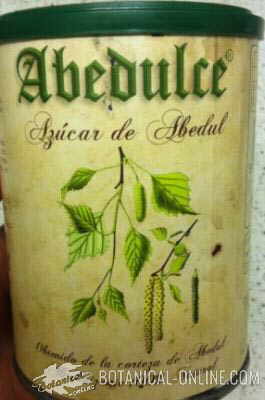
Xylitol or birch sugar is possibly a more versatile product than stevia. It comes from a tree called birch, whose pulp is purified to obtain this product, which is similar in appearance to sugar.
Birch wood is made up of xyloses, which are polysaccharide units that our digestive enzymes cannot break down. By adding heat or enzymes, xyloses can be transformed into xylitol, a polyol (sweetening substance) that does not have the disadvantages of sugar and can be taken by people with diabetes.
The biggest drawback of xylitol is that it sweetens less than sugar, so it must be used in larger quantities. The fact that it is slightly laxative in excess makes this a disadvantage: it should be used in moderation.
The great advantage of this sweetener is that it protects against cavities and is sugar-free: it is suitable for people with diabetes.
![]() More information on sweeteners
More information on sweeteners

